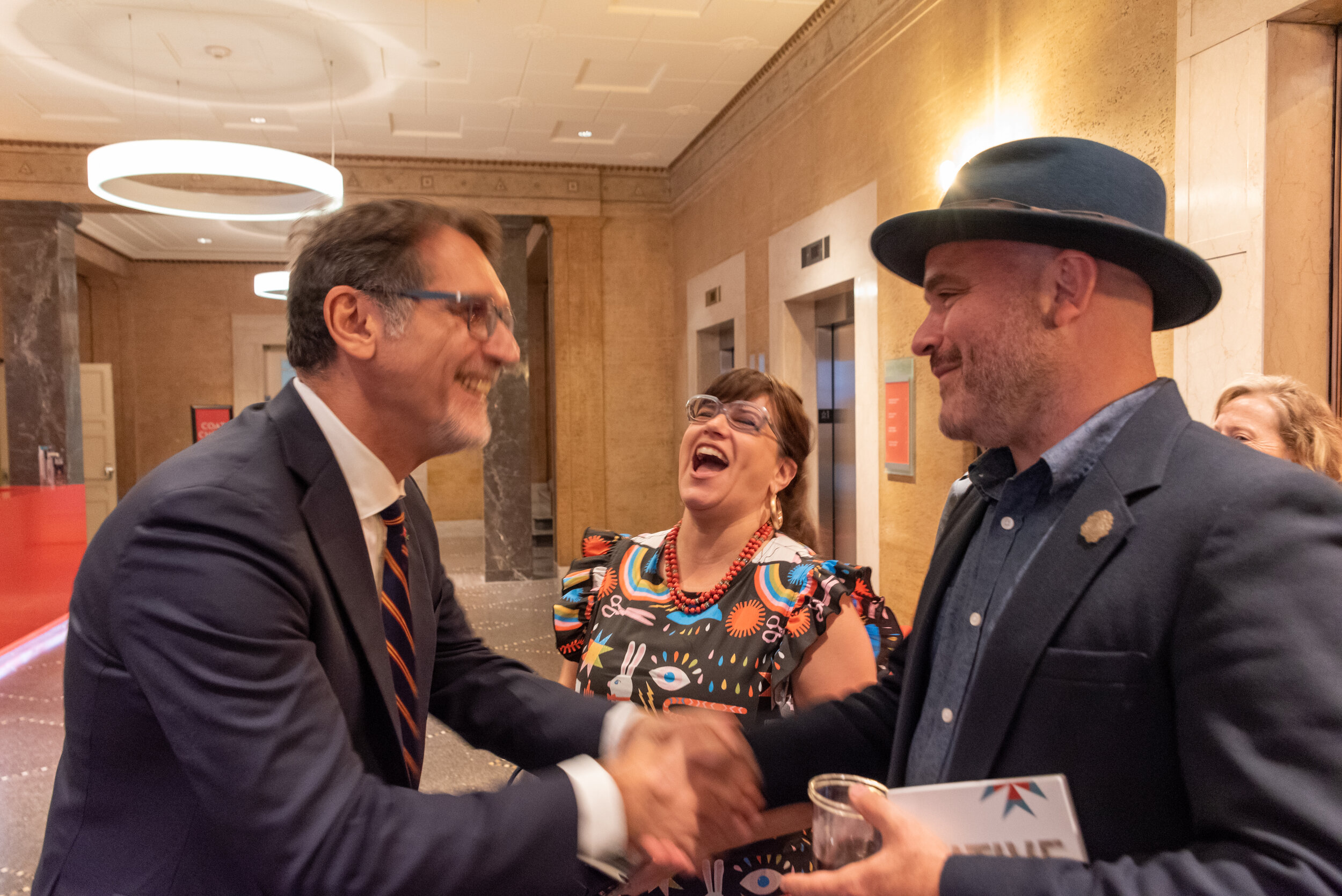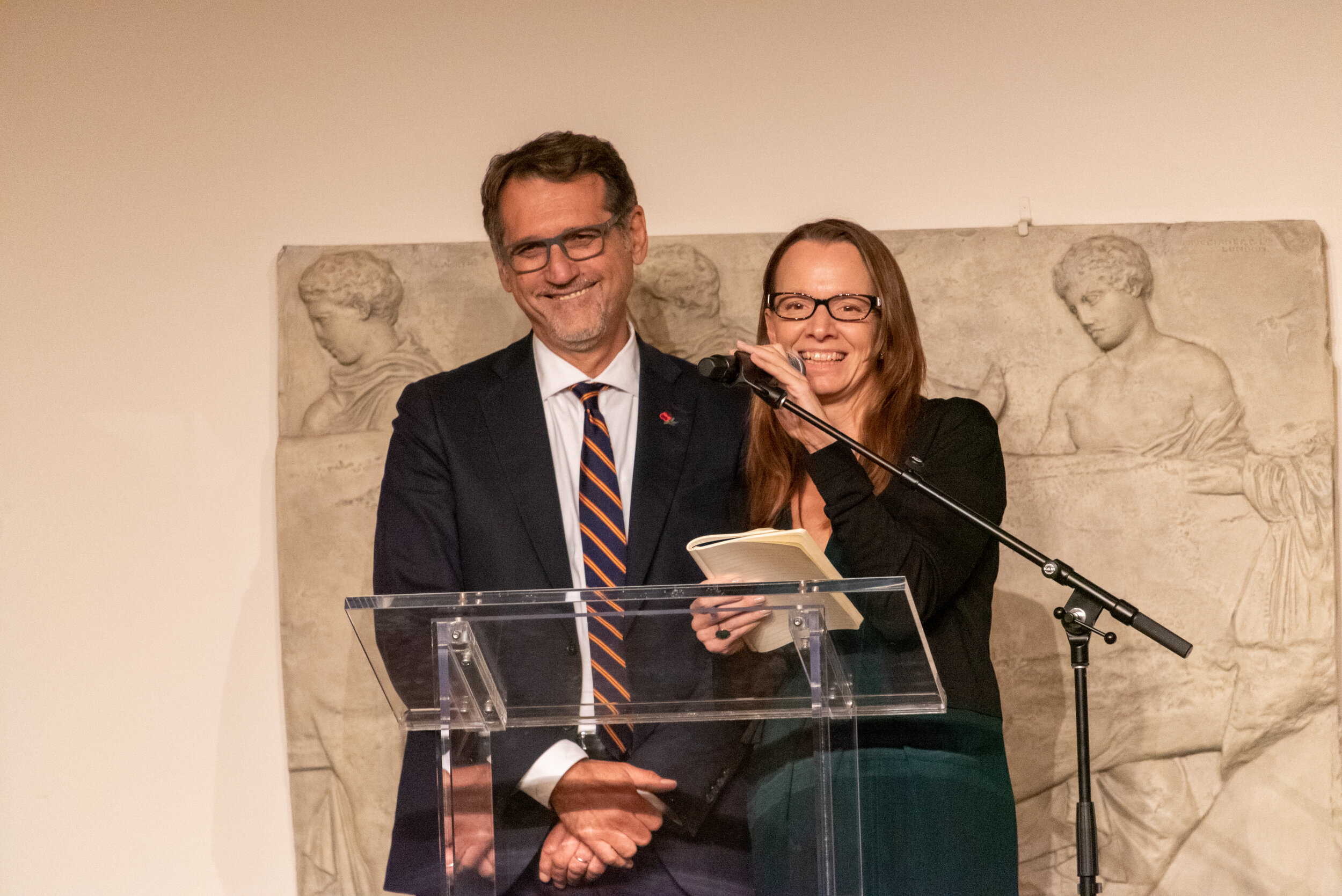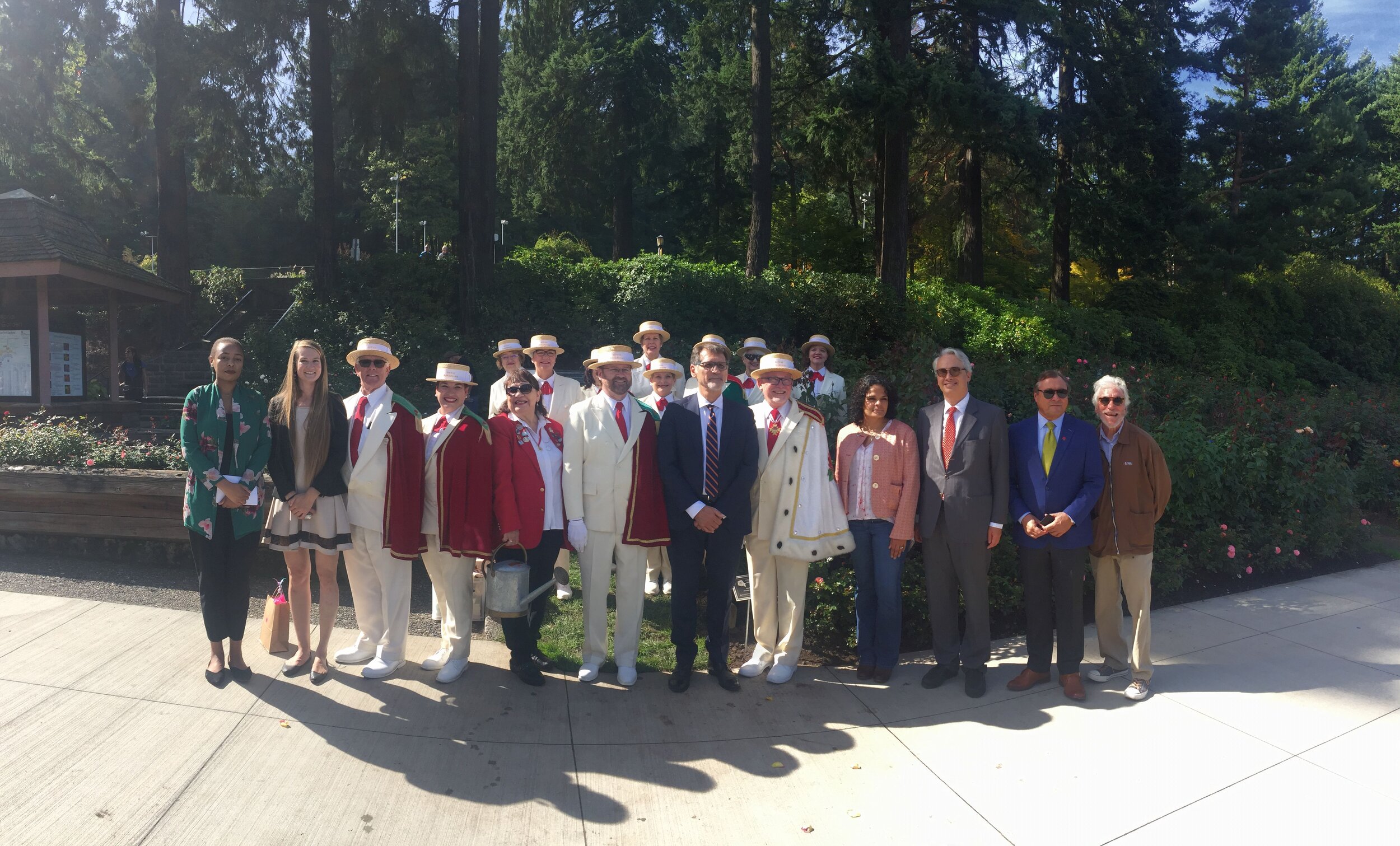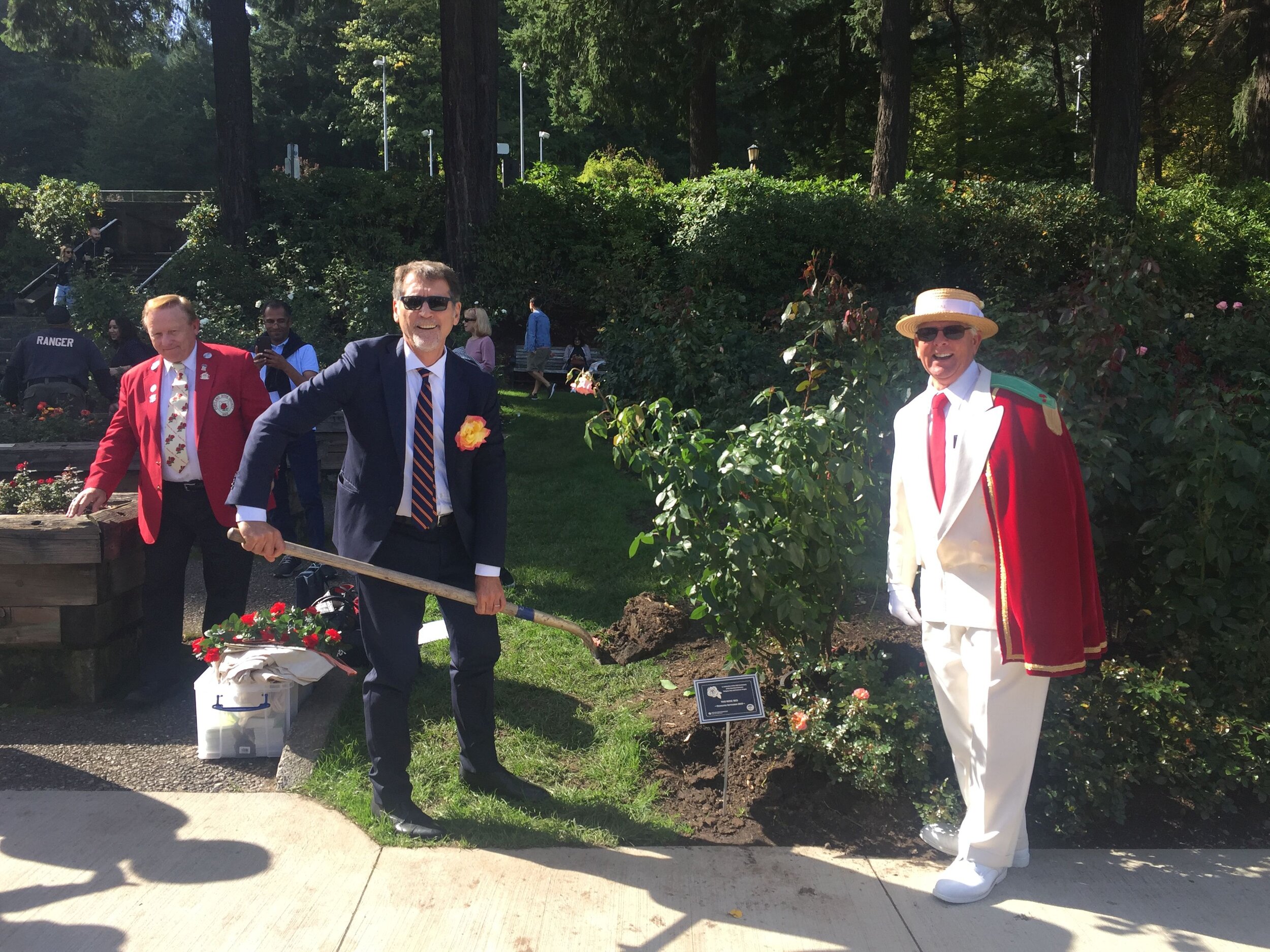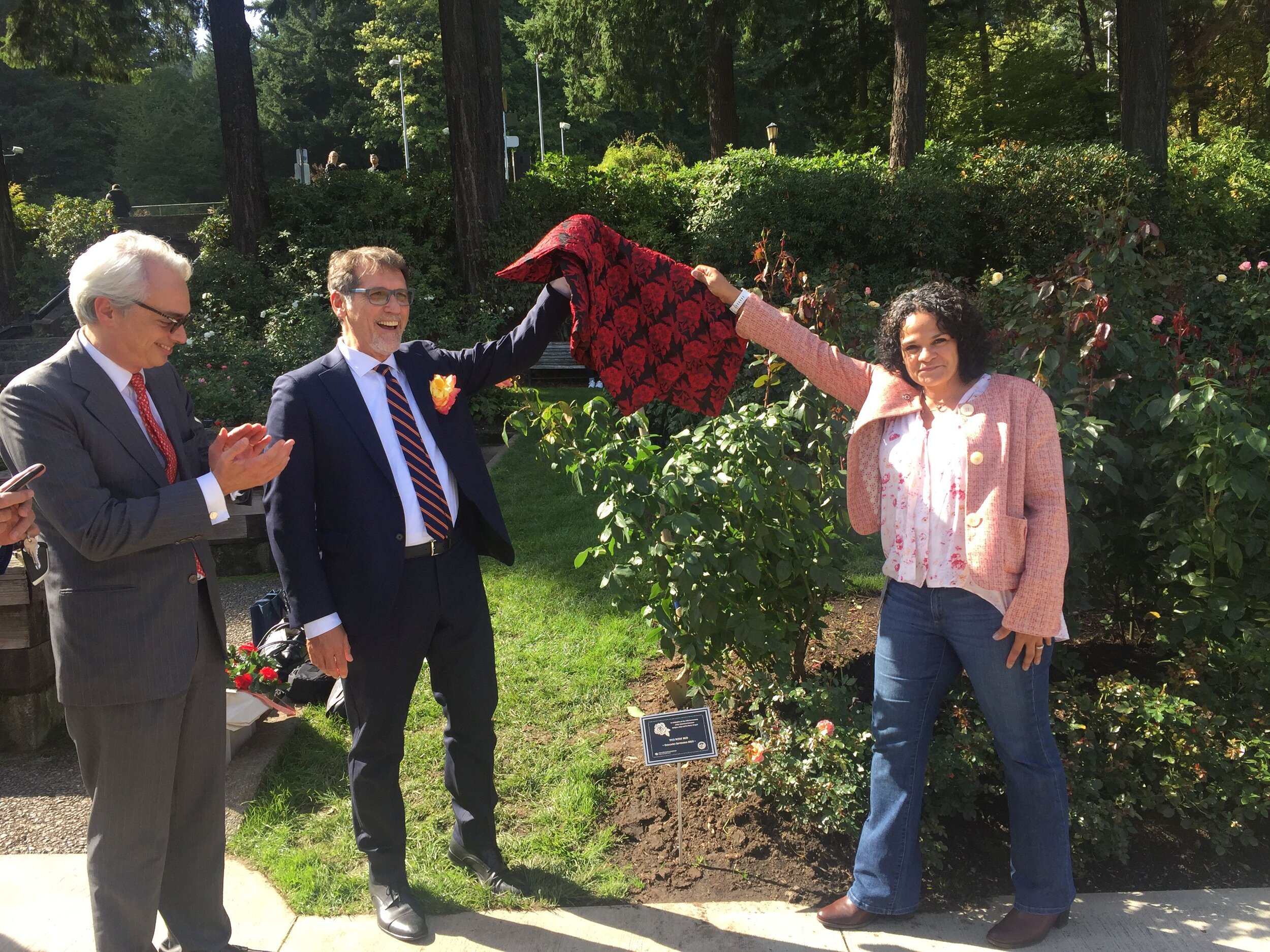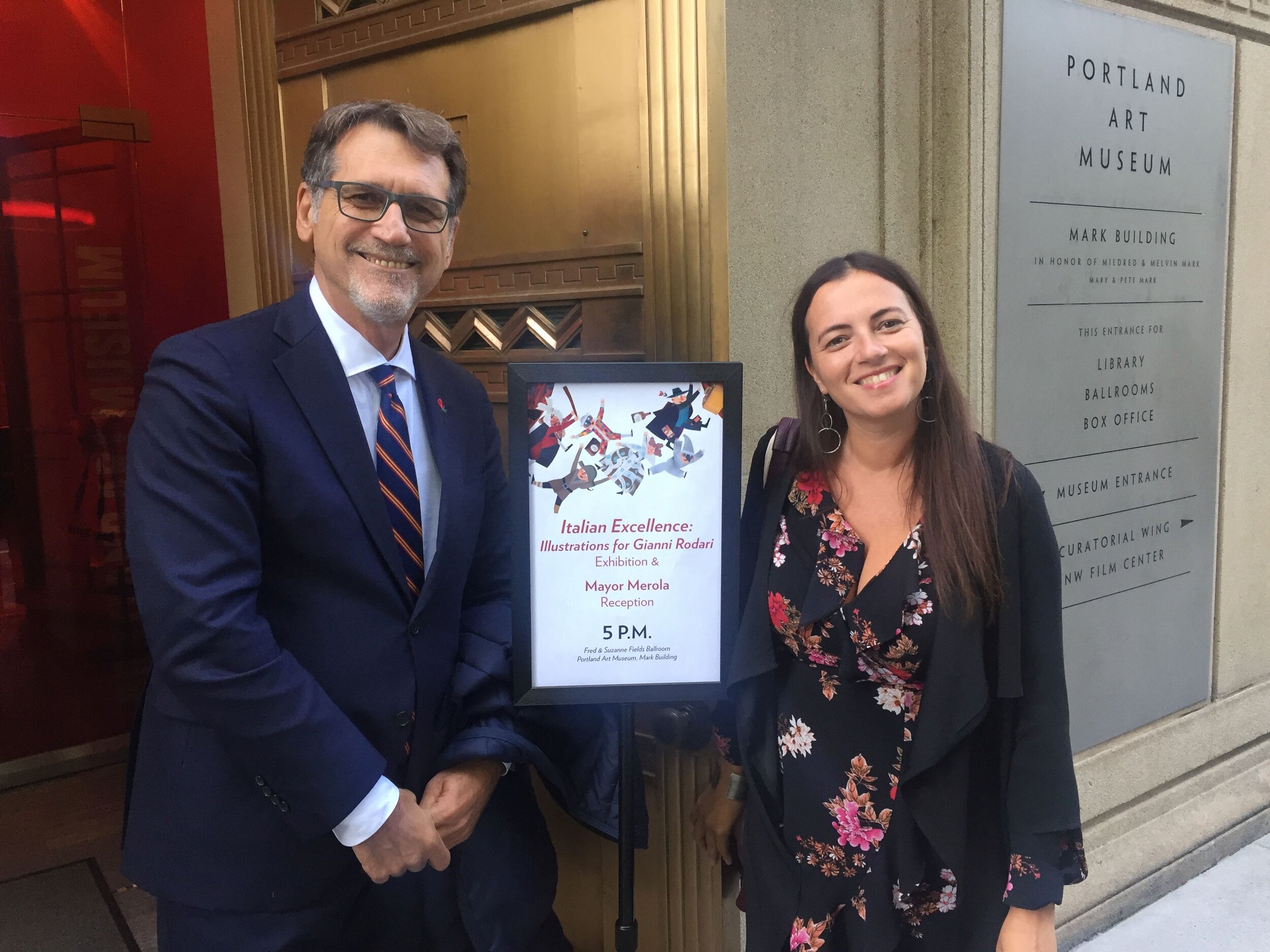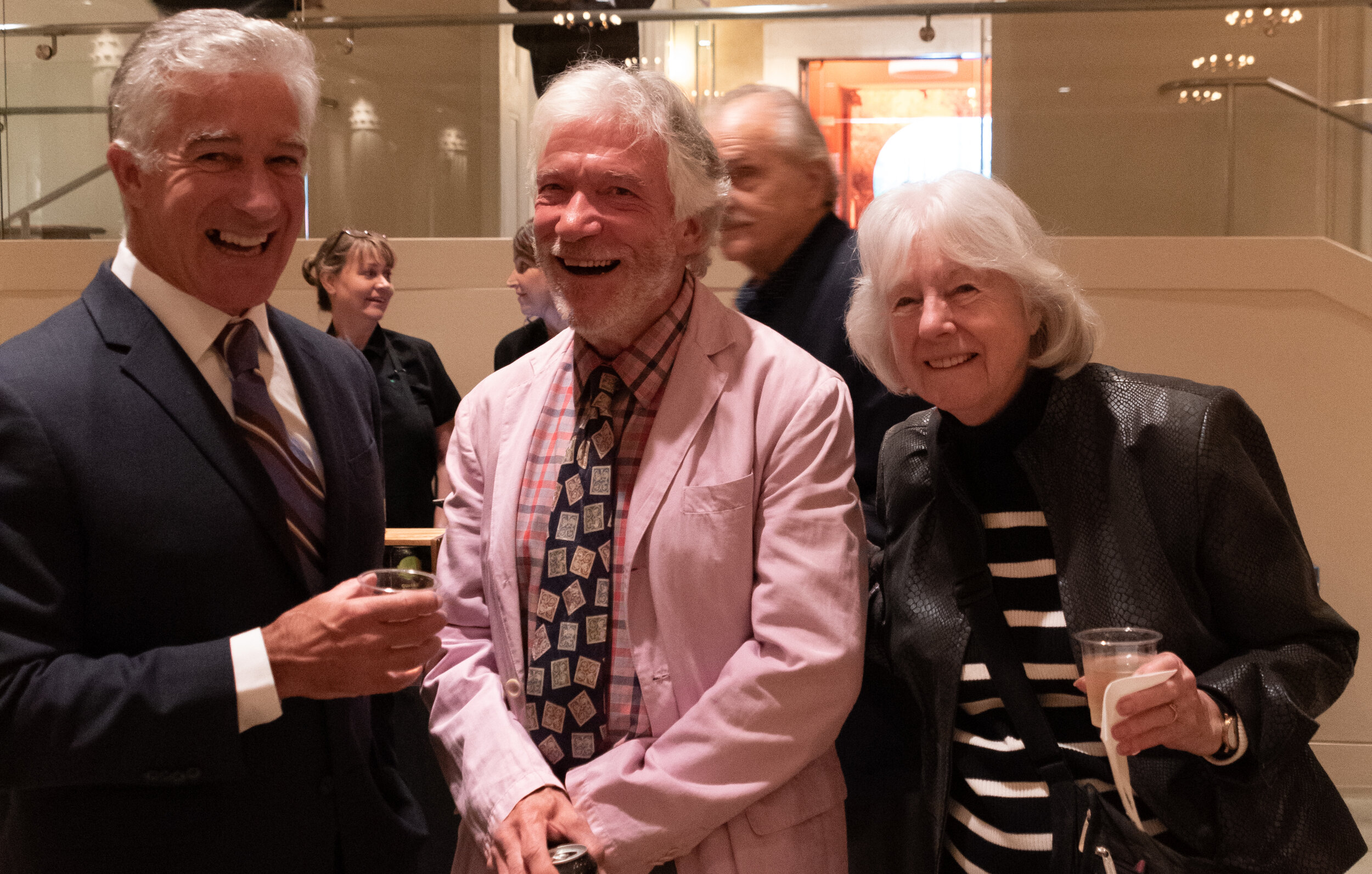Lettere da Bologna - Mayor Virginio Merola
/I think we all can agree that the recent pandemic brought the world to a screeching halt. Although great hardship has been experienced, it has also resulted in much introspection and reconnection with humanity. Out of this emerged the idea to revive the PBSCA blog and create a forum to strengthen our connection with our sister city. Over the next few months we will be bringing you authentic perspectives and stories from citizens of Bologna in our blog series Lettere da Bologna (Letters from Bologna). Who better to feature in our inaugural post, than the Sindaco (Mayor) himself, Signore Virginio Merola.
Below is a Q&A capturing Mayor Merola’s perspective on the city’s re-emergence from quarantine. If you would like, check out the original transcript in Italian.
Q: Describe your daily routine, now that you're coming out from the lockdown.
A: Just as it was during the lockdown, I arrive at my office quite early in the morning. The only difference in these past few weeks is that all the public activities are starting again. Obviously, there are still a lot of online meetings, an aspect of the pandemic that, I think, is going to be enhanced because it allows to make decisions, also significant ones, without moving so much from home, and this is a value from an environmental point of view. Even in the toughest weeks, I used to come to the City Hall every day and I met with my closest collaborators, but I've never thought, even for a minute, being away from Palazzo D'Accursio.
Q: Which part of the city do you miss the most that has not yet reopened?
A: As a film-lover, I miss cinema very much. Movie theatres reopened on June 15th, but it's likely that many managers will not. In any case, my city is getting ready to host the "Cinema sotto le stelle" (Cinema under the stars) in Piazza Maggiore, as every past summer. Everybody thinks that it is the most beautiful cinema in the world and the municipality is working together with Cineteca on an extremely safe summer program. The rules define that, from June 15th, there could be open-air events with 1000 participants. It will be a completely different summer, but we can’t renounce events like this that make our city special.
Q: What are the city’s plans for the gradual reopening?
A: We are helping bars and all other public places to have more space for their patrons, with the aim of welcoming customers in safety. We opened summer camps to give some relief to the parents who are back to work and we have allocated some funds to lower rents. We are building "emergency" bike trails to facilitate the use of bicycles in a historical moment in which the use of public transport is decreased and to continue our progress with environmental policies.
Q: What is your opinion on how Italy is dealing with the pandemic compared to the United States?
A: I think lockdown was inevitable. The Italians have faced the closure with a great sense of responsibility. They have chosen to trust the choices of the government and they put their faith in science. I think this is very important. Now fragilities are obviously emerging, especially from an economic point of view, amplified by all weeks of closed business. Broad segments of society will gradually find themselves with reduced economic capacity. The government is acting through a policy of bonuses, which is good at the beginning, but it may have no future. We need to plan long-term investments, it is essential.
As far as the United States is concerned, I feel light years away from the choices of President Trump, by how he mocks scientists and by his misuse of social media. I think that in the United States mayors have to cope with very complicated situations. It makes me sad to think that the U.S. health system cannot adequately serve everyone and this must be the reason for us to hold on tighter our public health service.
Q: How do you think the city will be changed by the pandemic?
A: We have the opportunity to use this crisis to improve our cities and this also concerns Bologna, a city that must be increasingly guided by sustainable development policies. We have the opportunity to discuss the schedule of our cities: in Italy the law entrusts mayors the regulation of schedules and, with an increased use of smart working, I believe that this is more than a feasible objective.
Q: Looking back at the past ten years, what are three words or sentences you would use to describe the experience?
A: To describe Bologna during my leadership, I would choose these three words: human, green, and open.
Photographs from Mayor Merola’s visit to Portland Fall 2019 taken by Andrea Scasso.

